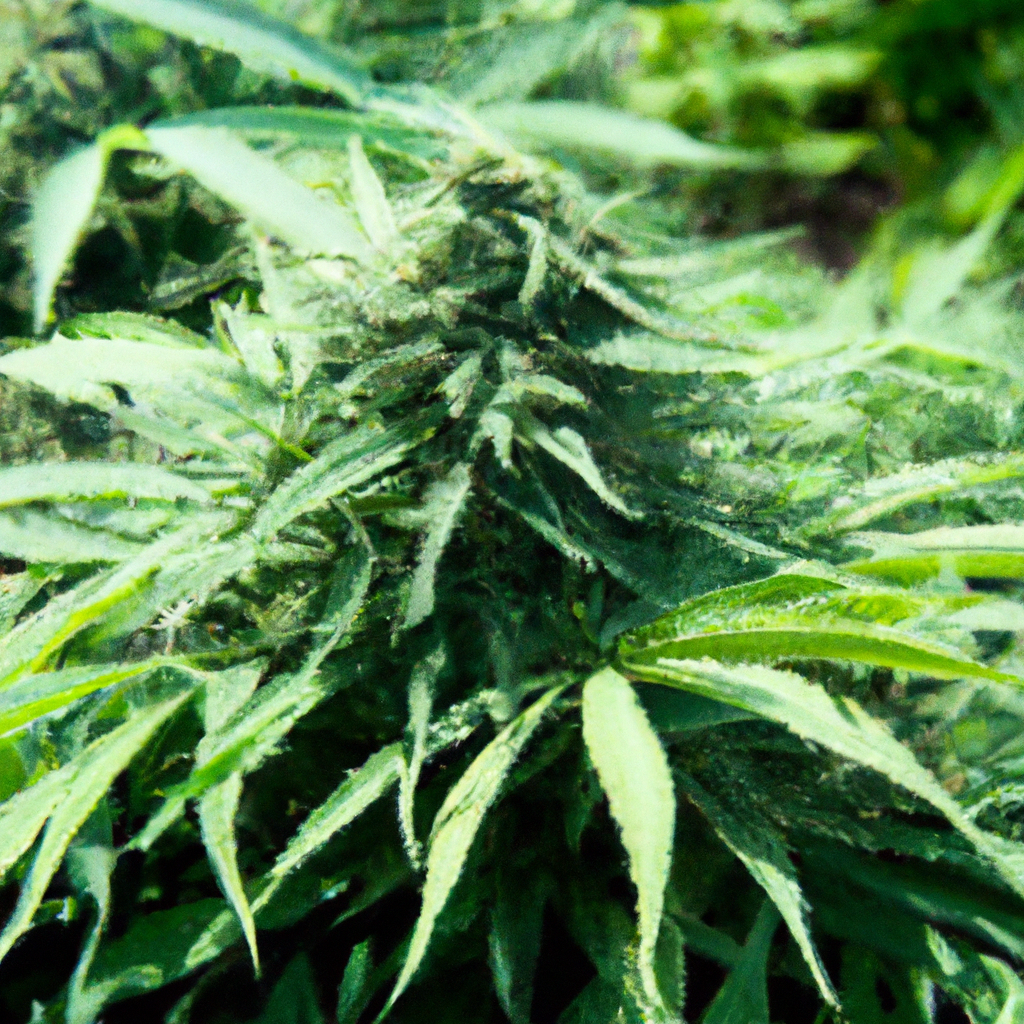Your cart is currently empty!
In recent years, the cannabis industry has seen a significant shift towards organic cultivation methods, largely due to the environmental benefits and potential health advantages for consumers. Growing cannabis organically involves using natural fertilizers, compost, and pest control methods, all while building a healthy soil ecosystem. This approach not only avoids synthetic chemicals but also promotes sustainability. Whether you’re a seasoned grower or a curious newbie, here’s how to enhance your cannabis crops the organic way.
1. Building a Robust Soil Ecosystem
The foundation of any thriving organic garden is its soil health. By focusing on creating a living, dynamic soil ecosystem, you set the stage for strong, resilient plants.
- Compost and Mulch: Use well-aged compost to enhance soil structure and introduce beneficial microorganisms. Mulching helps in moisture retention and provides additional nutrients as it breaks down.
- Soil Amendments: Incorporate natural amendments like rock phosphate, greensand, and kelp meal to supply essential minerals.
- Cover Crops: Consider planting cover crops such as clover or vetch to fix nitrogen in the soil and prevent erosion.
2. Utilizing Natural Fertilizers
Natural fertilizers play a crucial role in organic cannabis cultivation. Unlike synthetic options, natural fertilizers are gentle on the environment and the plants.
- Compost Tea: Brew your compost tea to promote healthy root growth and plant development. It’s an excellent way to introduce microbes to soil.
- Fish Emulsion: Rich in nitrogen and nutrients, fish emulsion supports plant growth, especially during the vegetative stage.
- Bokashi: This anaerobic composting method quickly breaks down organic matter, enhancing the soil with beneficial microbes and nutrients.
3. Natural Pest Control Methods
Keeping pests at bay without harmful chemicals is a hallmark of organic farming. Employing natural pest control methods will protect your plants and the surrounding ecosystem.
- Beneficial Insects: Introduce beneficial insects like ladybugs and predatory mites to combat aphids and spider mites.
- Neem Oil: A versatile oil for deterring a wide range of insects while posing no harm to beneficial insects when used properly.
- Companion Planting: Utilize plants such as marigolds, dill, and basil to naturally repel pests and attract beneficial insects.
4. Benefits of Organic Cannabis
Organic cannabis cultivation has far-reaching benefits both for the environment and consumers:
- Environmental Impact: By reducing chemical inputs, organic farming minimizes soil and water pollution, promoting biodiversity.
- Health Advantages: Consumers may enjoy a product free from harmful pesticides and with potentially higher levels of cannabinoids and terpenes.
- Sustainability: By integrating sustainable practices, growers can create a self-perpetuating system that supports long-term cultivation without depleting resources.
Conclusion
Growing cannabis organically is a journey towards sustainability and health-conscious practices. By focusing on building a robust soil ecosystem, utilizing natural fertilizers, and applying mindful pest control, growers not only produce high-quality cannabis but also contribute positively to the environment. Embrace organic methods, and enjoy the countless benefits it brings.
Remember, the art of organic cannabis cultivation is as much about patience and learning as it is about growth. Happy growing!
Discover more from Magic Clones
Subscribe to get the latest posts sent to your email.


Leave a Reply